Cette publication est également disponible en :
Français
While the value of our fifth sense is increasingly recognised, especially since certain people have been deprived of it by Covid, there are very few ways of cultivating it. Nez is inviting you on a journey to discover the different ways we can sharpen our noses, covering specialist training for professionals and amateurs alike, therapeutic rehabilitation, lessons for young children and self-education.
As primary school children, we learn to recognise and draw colours and shapes before being exposed to the visual arts later on with books and museums. We then learn the alphabet so we can read and write and thus appreciate literature. We get to train our voices or practice an instrument with end-of-year concerts and after-school private tuition, as we educate our musical ear.
But what about our olfactory culture?
At school or at home, who teaches us to name and identify the odours of daily life, understand how our sense of smell works, learn the history of perfumery, choose a fragrance that exactly matches our desires or even compose it ourselves?
Our fifth sense is notably absent from the school curriculum, thus perpetuating the notion that to “have a good nose” is more about natural ability than education, the exclusive province of a handful of lucky people working in perfumery or oenology. Wrong! As is the case for all other cultural and aesthetic practices, you simply need a bit of practice and an inquiring mind. Above all, if you want to develop this unexplored sense, you need to pay it attention and take a real interest in it.
Ironically, and sadly, the issue of olfactory education – or more precisely, of reeducation – has arisen in recent times due to all the people who lost their sense of smell after catching Covid. It has been proved that protocols based on daily stimulation have resulted in a gradual return to olfactory acuity, thereby also demonstrating that practice really does have an effect on our sense of smell.
And because children have a far higher degree of cerebral plasticity, the younger we get taught, the better we will learn. Recognition of this fact has seen the emergence of various initiatives to provide olfactory lessons in selected classes. Although still few and far between, such initiatives are based on the shared conviction that this approach could, and should, be widely adopted in our schools in the future, just like music and art lessons.
Although the people who take the decision early on to become a perfumer will not have much trouble finding somewhere to train – France offers the choice of ISIPCA in Versailles, ESP in Paris and GIP in Grasse – it is not necessarily an easy journey. It is even harder to find training accessible to people who just want to learn about odours for the pleasure of it. Aside from workshops that promise to create the personalised perfume of your dreams in a few short minutes, real olfactory education programmes for amateurs are still thin on the ground.
Which is why a great many scent enthusiasts are self-taught, learning as they explore the perfume world: by visiting perfumeries, scouring websites and blogs, listening to podcasts, collecting books on the subject and meeting with fellow aficionados to share and smell their discoveries, these knowledgeable amateurs end up developing a sometimes impressive olfactory culture without the need for formal training.
Leaving professional issues aside, and in the same way as we dabble in music and art, when we learn the language of perfume, feel moved by a new fragrance, identify a blend of herbs and spices in a dish and delight in the scent of a summer meadow or a baby’s head, we are quite simply boosting our happiness. It would be foolish to miss out.
So what can be done to introduce effective olfactory education into our society? To answer that question, we have put together a comprehensive report dedicated to educating our noses, covering specialist training for professionals and amateurs alike, therapeutic rehabilitation, lessons for young children and self-education.
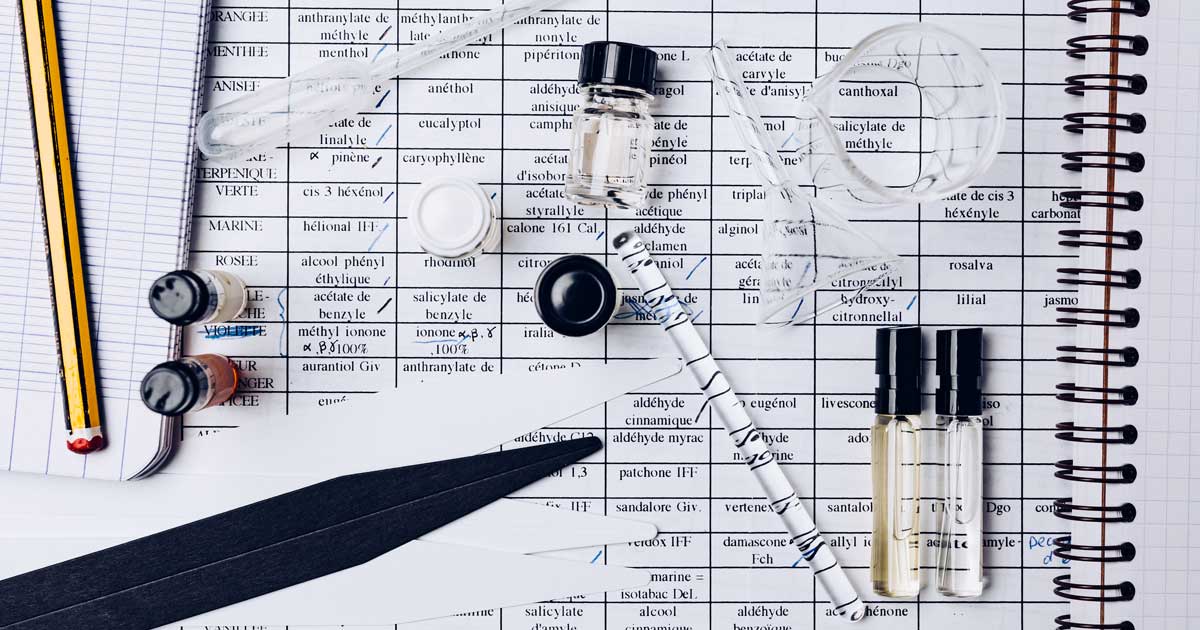
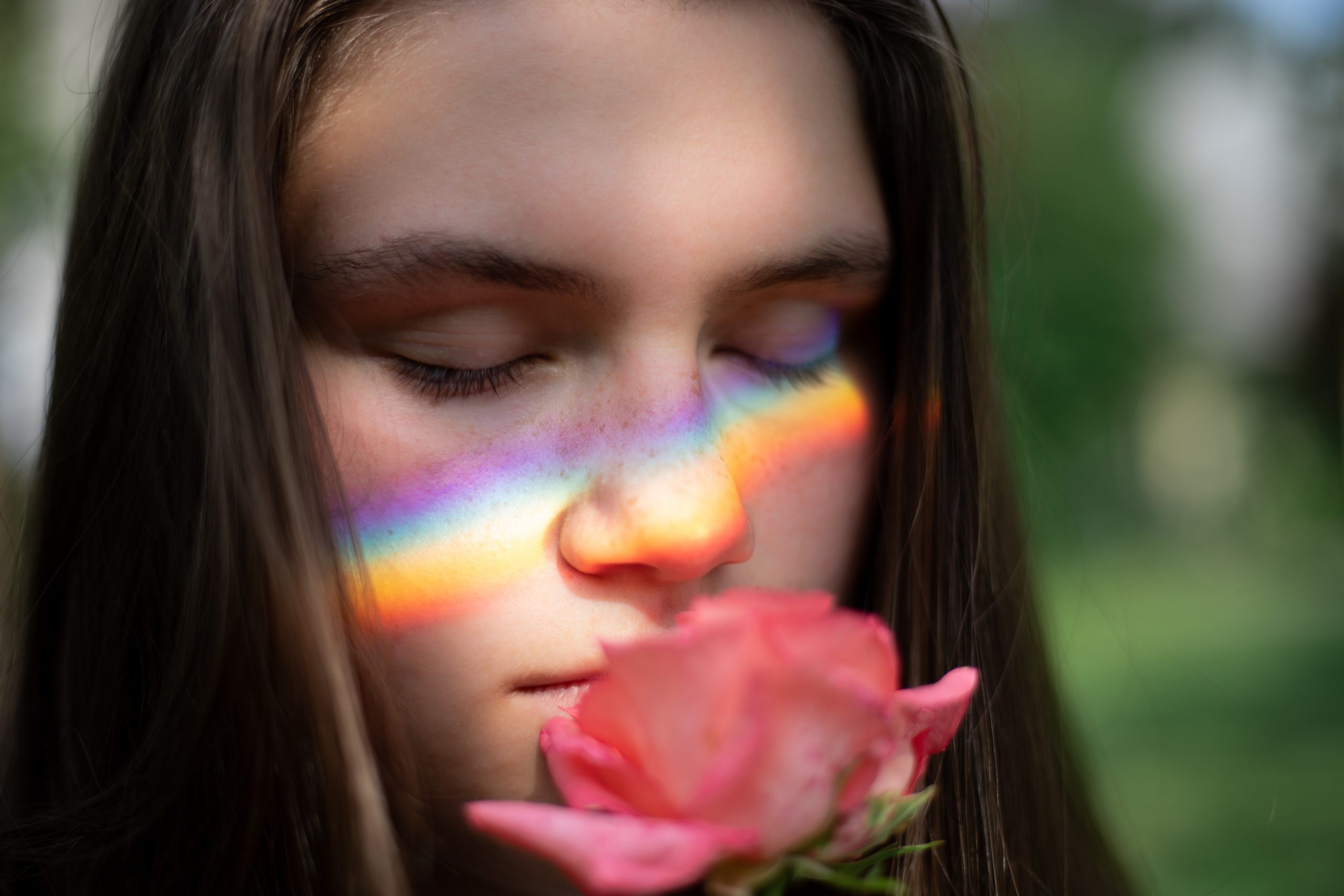
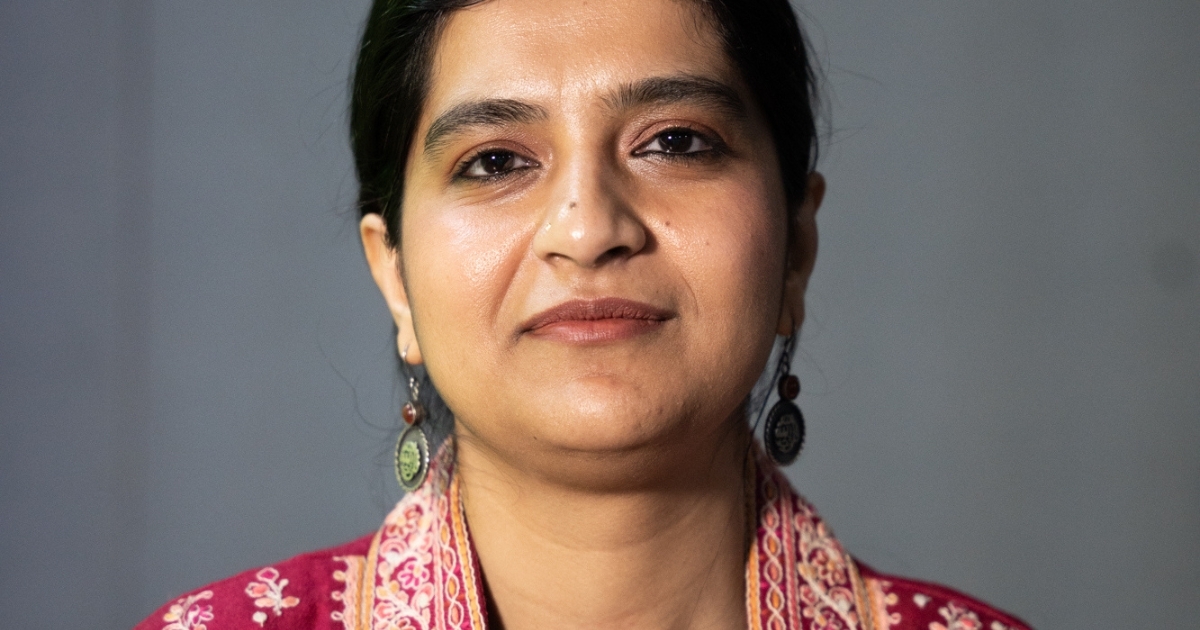
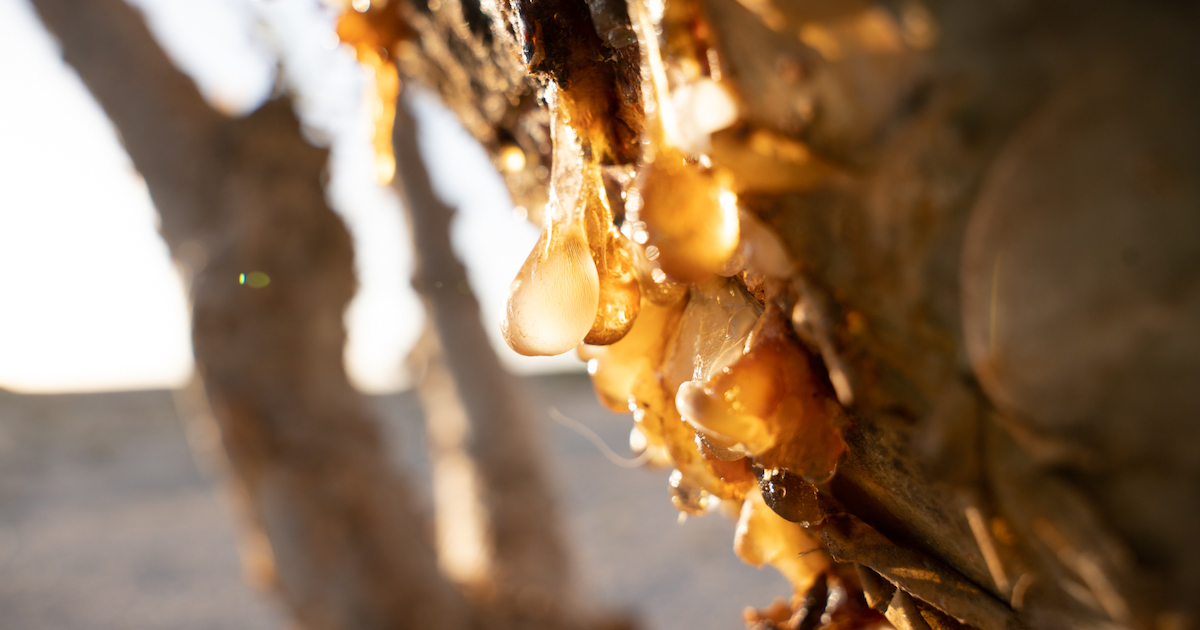
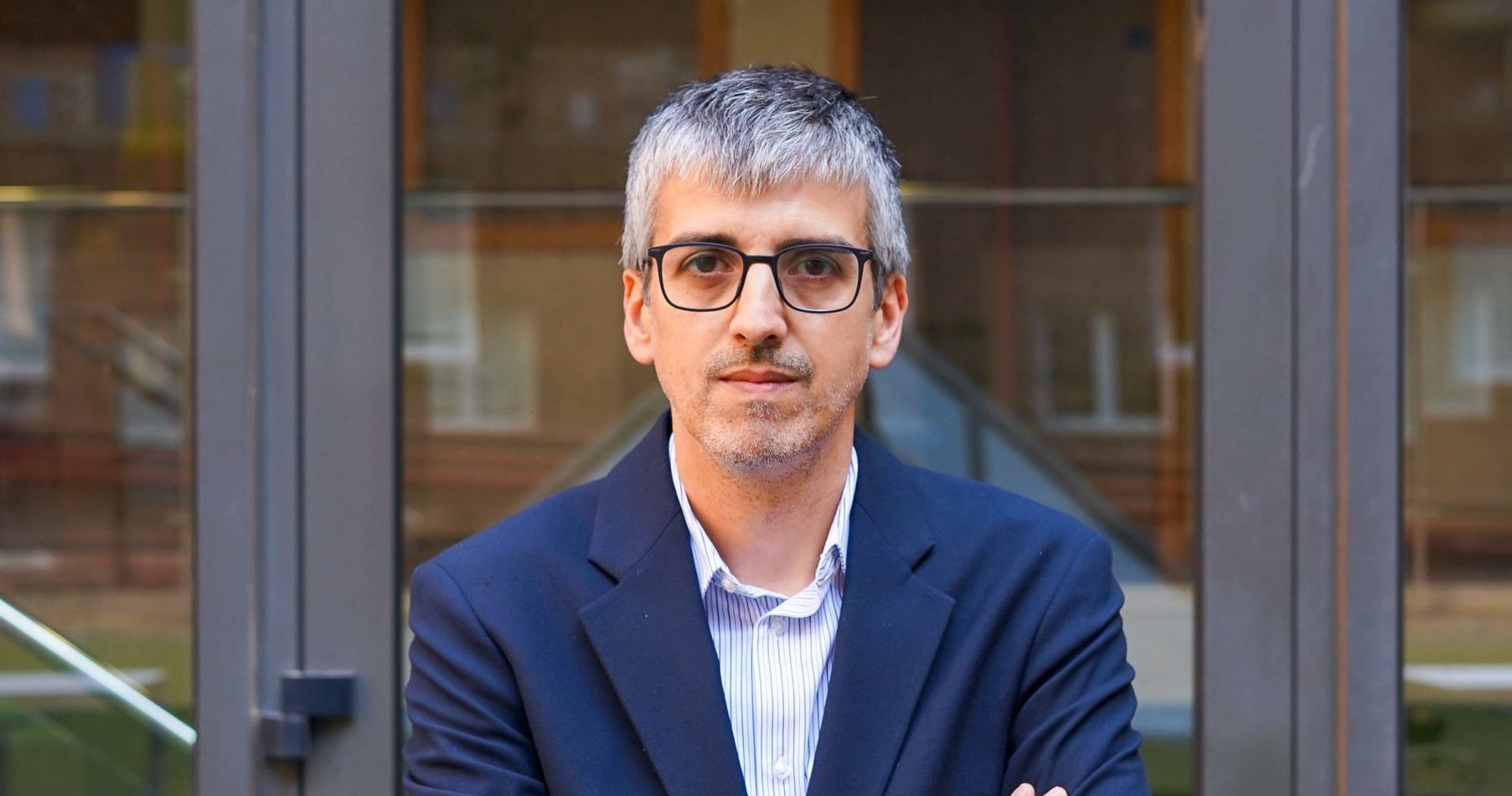



Comments